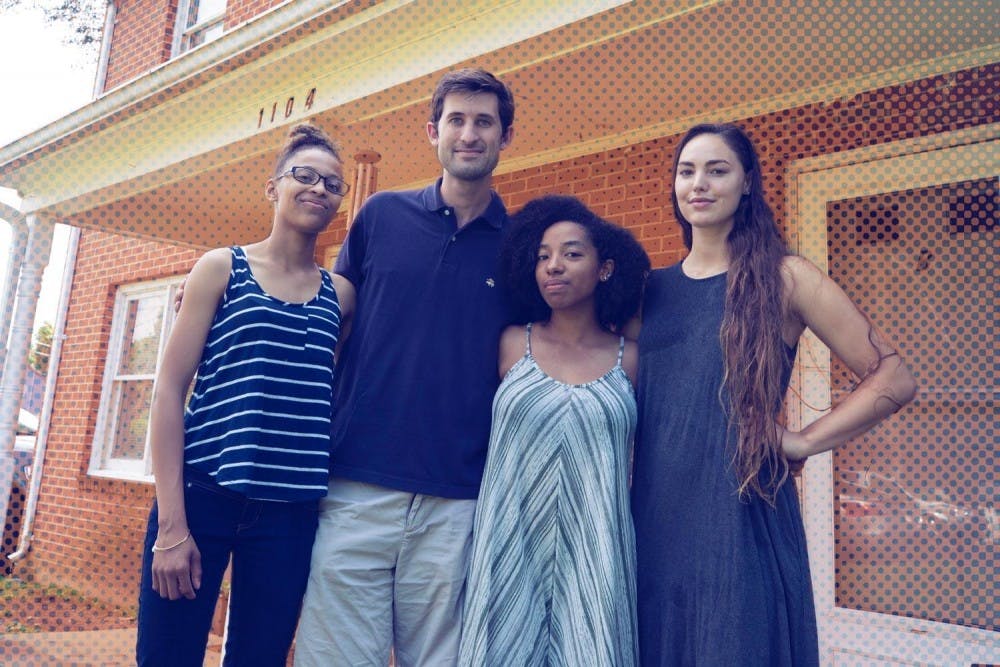Five third-year students recently began living in The Perkins House, a new initiative associated with Theological Horizons and supported by the John and Vera Mae Perkins Foundation. The goal of the initiative is for the students to strengthen their connections with the Charlottesville community. The house resides in the 10th and Page neighborhood and is named after minister and civil rights activist John M. Perkins.
“The Perkins House is an intentional house that reflects the ideologies and theologies of specifically John M. Perkins,” Dominique DeBose, a resident and third-year College student, said. “We are striving to get to know our neighbors and kind of create an intentional community.”
Debose, along with third-year students Sade Akinbayo, Sarah Bland, Ameenah Elam and Isabella Hall, are the first to live in the new house. The goal is to build relationships with their neighbors and be a part of the community.
“We're seeking to learn from our neighbors and to get to know them through authentic relationships,” Perkins House Director Garrett Trent, a College and McIntire alumnus, said in an email. “This is something that everyone can do, especially in the wake of Aug. 12.”
One of the major activities in which the residents will engage is spending each Sunday at the house or in the neighborhood, actively trying to get to know their neighbors.
“We’re taking a strong initiative to honor the Sabbath by blocking out most of our Sunday to being in the communities, however that looks like,” DeBose said. “Talking to neighbors, having dinners and things like that.”
DeBose said she wanted to live in the Perkins House to be more involved with the Charlottesville community and get outside the “bubble” she felt on Grounds.
“Living in dorms my first and second year and always being on Grounds and around other students, we tend to be in this bubble, not recognizing that we are a part of the community and that we have an effect on their lives,” DeBose said. “I recognize the need for there to be not such a gap.”
The 10th and Page neighborhood is racially and economically diverse and full of long-time residents as well as recently resettled refugees. Few students live in the neighborhood.
“We have so much to learn and gain from our neighbors,” Trent said in a Facebook post. “The busyness in our lives keeps us from even knowing their names. What if we committed to set aside time each week just to ‘be with’ our neighbors?”
DeBose said she hopes the house will encourage other students to engage with the community outside the University.
“I’m hoping that it will be a catalyst for students specifically to take initiative to go outside of [the University] itself,” DeBose said. “Not necessarily in a Christian aspect, but simply as a human aspect to go into the spaces around you in a very respectful and open-minded way.”







